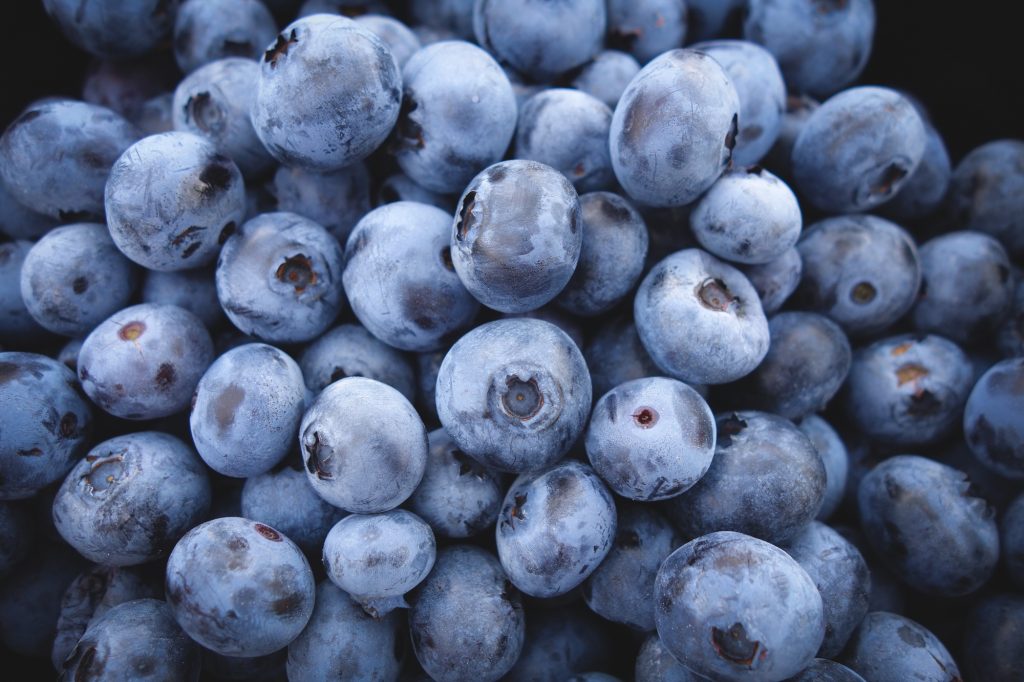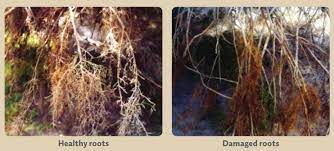By Clint Thompson


Blueberry growers who utilized overhead freeze protection to protect their crop from the freeze event during the weekend of March 12, need to guard against the development of root rot disease.
Growers used overhead irrigation to protect against sub-freezing temperatures. In doing so, however, a large amount of water was utilized, resulting in saturated root zones. This creates an environment amenable for the development of root rot, said Jonathan Oliver, University of Georgia (UGA) assistant professor and small fruits pathologist.
“Growers probably put out a lot of water to try to freeze protect, especially if they had green fruit. Fields can get really saturated,” Oliver said. “In those saturated fields, problems with root rot can set in as well. Phytophthora is another major issue of blueberry. Fields that are really saturated right now, preventing damage from phytophthora is also important.”
Oliver said in his UGA Extension blueberry blog, that there are two groups of fungicides used for blueberries to protect against Phytophthora root rot; mefenoxam and the phosphonates.

“Ridomil Gold SL (mefenoxam) contains a systemic compound, and root uptake is critical to activity. This material is applied for root uptake,” Oliver wrote. “See the label for application instructions. If there is enough foliage for good uptake and activity, then phosphonate-type products (ProPhyt, Kphite) can be used to help stave off root rots during the early spring. When foliar applied, these phosphonate products have system activity, and this systemic activity will suppress root rot.”
Oliver stresses that growers follow instructions on the label and do not over-concentrate the materials in the final spray volume. Damage can occur if directions are not properly observed.










